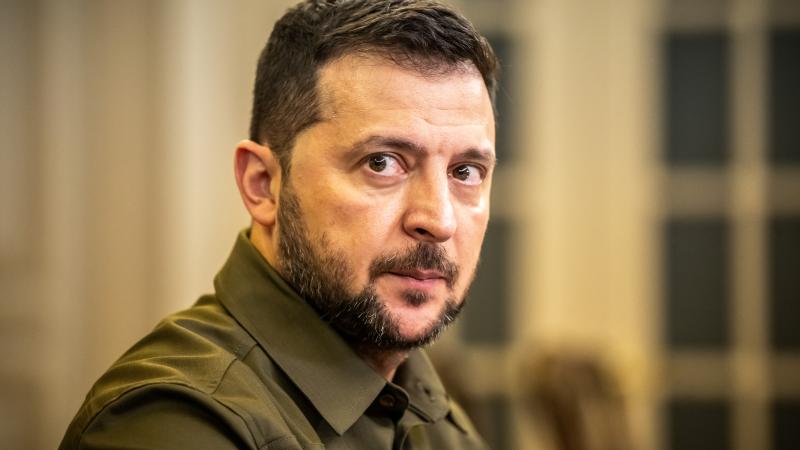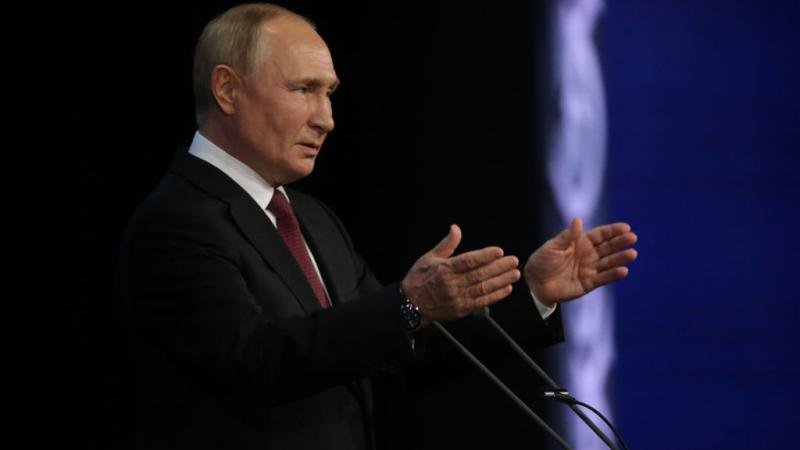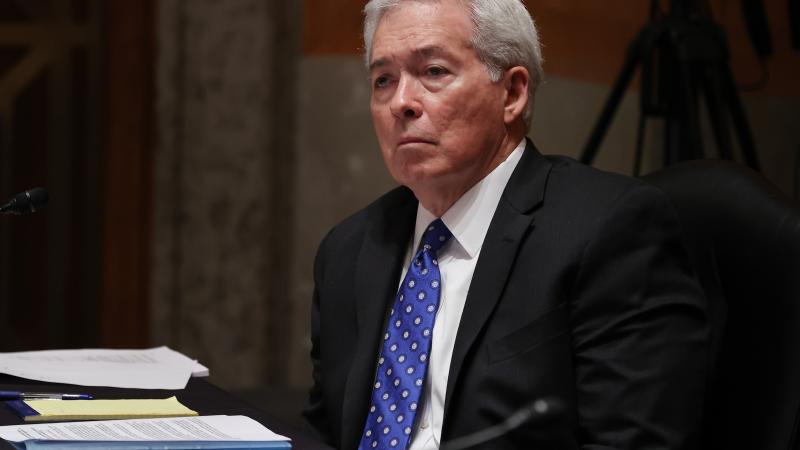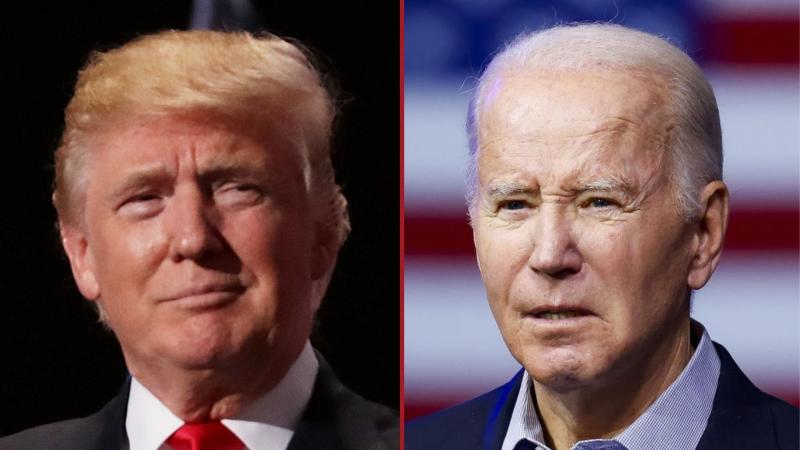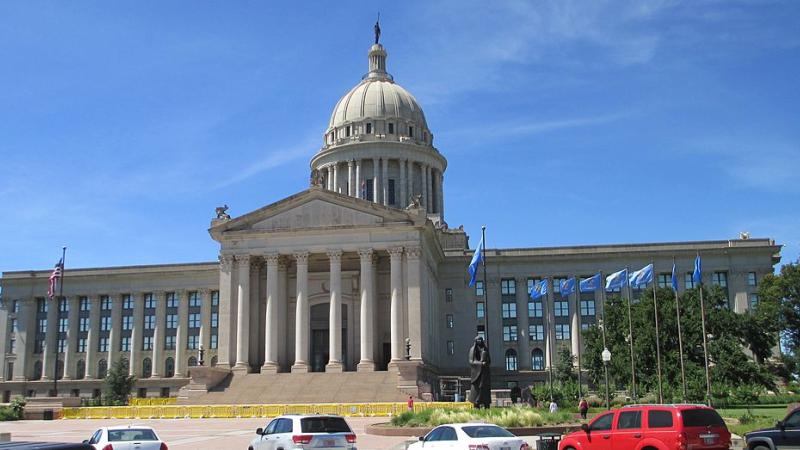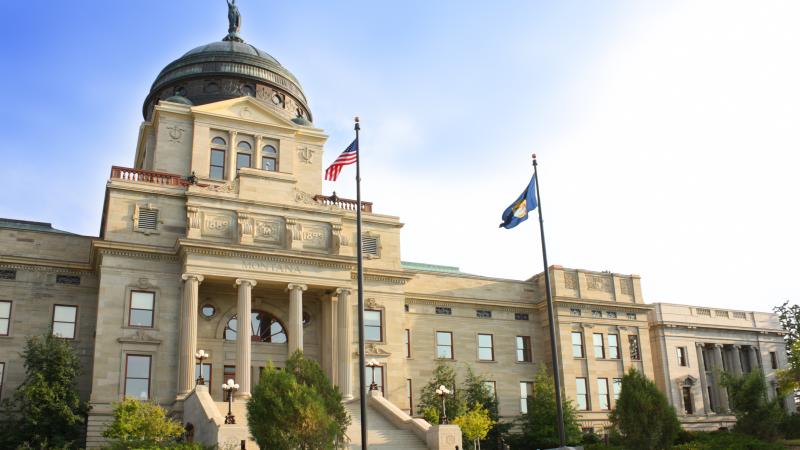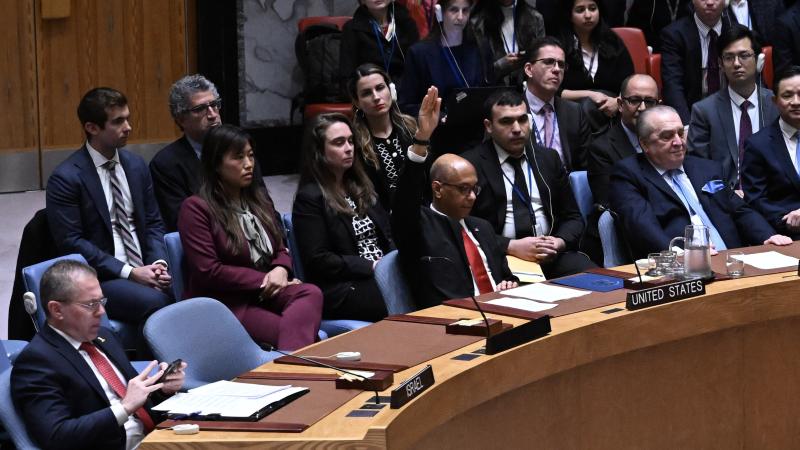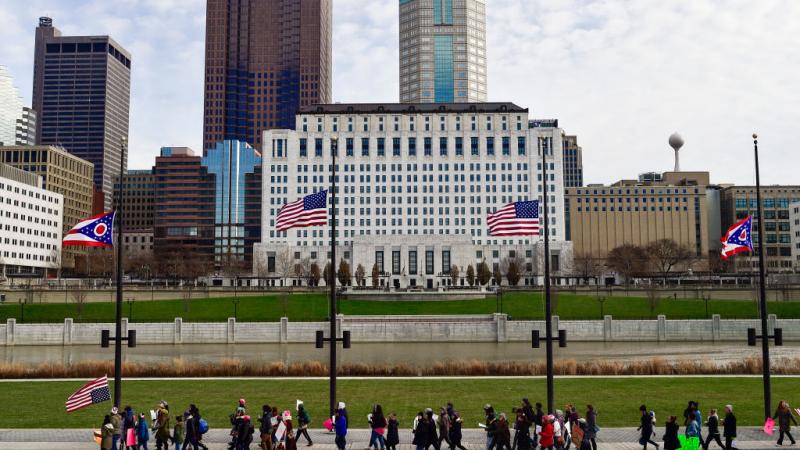After Flynn unmaskings, U.S. intel won't answer whether agencies spy on Congress
ODNI recently refused to answer if U.S. spy agencies monitor lawmakers, saying any admission could reveal methods.
The dramatic disclosure earlier this year that the Obama administration sought to unmask ex-National Security Adviser Mike Flynn's conversations intercepted overseas is reviving a long-unanswered question: Do U.S. spy agencies also monitor members of Congress?
That question has lingered at least since May 2017, when Sen. Rand Paul (R-Ky.) demanded to know whether his conversations overseas while running for president in 2016 were umasked by the Obama administration.
Now, the question has been renewed by the Project for Privacy and Surveillance Accountability (PPSA), a non-profit where former House Judiciary Committee Chairman Bob Goodlatte (R-Va.) works as a senior adviser.
The group in February filed a Freedom of Information Act request demanding that the Office of Director of National Intelligence (ODNI) release information related to whether U.S. intelligence has been surveilling past and current U.S. senators and House members.
Specifically, the group asked ODNI whether the spy agencies it supervises unmasked the identities of current and past lawmakers known to have been caught up in foreign surveillance, and whether the names of these members were searched through what is known as the "upstream" phone database. The request covered a bipartisan group of 48 current and former lawmakers and their potential surveillance from Jan. 1, 2008 to Jan. 15, 2020.
ODNI's response only added to the intrigue: The agency summarily denied the FOIA with what is known as a "Glomar response," saying confirming or denying such surveillance "could reveal sources and methods information."
PPSA is fighting the denial, and has found new ammunition in Flynn's case. That's because now-departed Acting DNI Ric Grenell earlier this year released a list of three dozen Obama-era officials who unmasked conversations of Flynn between the transition that started in November 2016 and President Trump's inauguration on Jan. 20, 2017.
After Grenell released the records, he sent a letter to Senate Intelligence Committee Vice Chairman Mark Warner (D-Va.) saying releasing such unmasking requests posed no national security risks.
"As you well know, the decision to declassify the names of individuals who sought to unmask the identity of General Flynn poses absolutely no risk of compromise of either sources or methods," Grenell wrote Warner.
PPSA is now using Grenell's comments to bolster its appeal in the lawmakers' unmasking case.
"If that is true of General Flynn, then it’s also true of the Senators and Congressmen who we believe were unmasked by the intelligence community," PPSA General Counsel Gene Schaerr said last week. "Thanks to the forthright statements of former Acting Director Grenell, we now know that the ODNI's denial in our case was not to protect intelligence sources or methods. Is this denial designed instead to protect one or more agencies from embarrassment or even from highlighting a violation of the law?"
And while PPSA continues to pursue the FOIA litigation, Attorney General William Barr has named Texas U.S. Attorney John Bash to investigate whether any unmaskings of Americans during the Obama years, including upstream searches of their names and phone records, violated the law.
Barr told Congress last week the investigation is progressing and will examine activities even before 2016.
Bash is examining the "high number of unmaskings" including "some that do not readily appear in the line of normal business," the attorney general told lawmakers.

